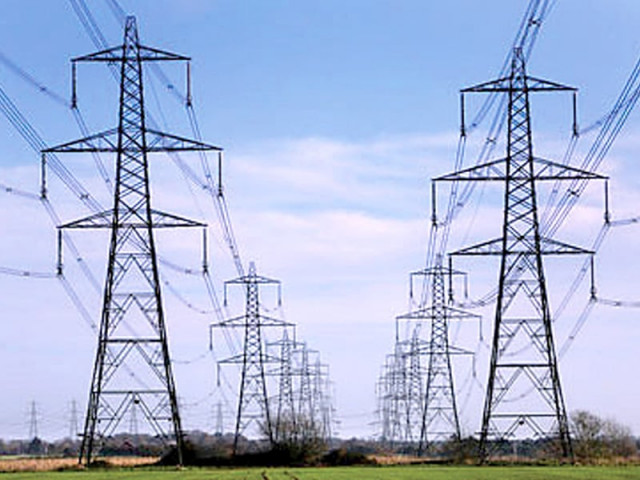SHC reserves verdict in K-E privatisation case
Current owners want to sell the utility to Shanghai Electric Company

PHOTO: FILE
A two-judge bench, comprising justices Aqeel Ahmed Abbasi and Arshad Hussain Khan, reserved its order after hearing arguments from both the parties. The order will be announced at a date to be later notified by the office.
The KESC Labour Union and others had approached the court in 2005 against the government's decision to privatise the power utility to the Dubai-based The Abraaj Group.
At the outset of the proceedings, the judges expressed their displeasure over continuous privatisation of the power utility, observing that first it was sold to The Abraaj Group and now to a Chinese firm.
Power up: Electricity tariff rises by Rs0.48
The bench members remarked that they wanted to set a precedent in the case so that the government might think twice before privatising public institutions in future.
A lawyer representing The Abraaj Group informed the court that all the important aspects were thoroughly considered and looked into at the time of selling the KESC to The Abraaj Group.
The respondent, The Abraaj Group, which is the power utility's current management, had also been looking into all those aspects for the last three years before selling it to the Shanghai Electric Company, the lawyer added.
The lawyer maintained that the Shanghai Electric Company was one of the world's best power supply companies. The group pleaded to the court not to issue such an order that might cause the country embarrassment at an international forum. It was argued that the country had already lost important cases such as the Rekodic gold mining case at international level.
Justice Abbasi remarked that the country often loses its cases at the international level, but that shows either incompetency or dishonesty.
The judge observed that the government had to give a subsidy even at the time of the privatisation of public institutions.
The bench members remarked that K-E had failed to enhance its capacity to generate electricity despite the provision of the subsidy. They questioned how it was possible that the government pays subsidy for public institutions, but the public still get no services.
PPP's rental power projects could not generate one megawatt of electricity: PM Abbasi
They noted that K-E had even failed to provide any relief to the public, despite the increase in the subsidy provided by the government. Barrister Salahuddin Ahmed, who represented the petitioner labour union, argued that the process of privatisation of K-E lacked transparency. He pointed out that the respondent had violated the laws laid down for biding during privatisation.
He argued that those companies that had participated in the bidding were allowed to collaborate with irrelevant companies even after the procedures for inviting tenders were finalised.
Ahmed said the K-E management wanted to sell shares of the power utility to Shanghai Electric Company, which may not be allowed. Therefore, he pleaded to the court to declare that the privatisation of K-E to the Chinese firm as illegal and unlawful.
After hearing arguments from the parties, the SHC bench reserved its verdict to be announced on a date to be later notified by the office.



















COMMENTS
Comments are moderated and generally will be posted if they are on-topic and not abusive.
For more information, please see our Comments FAQ